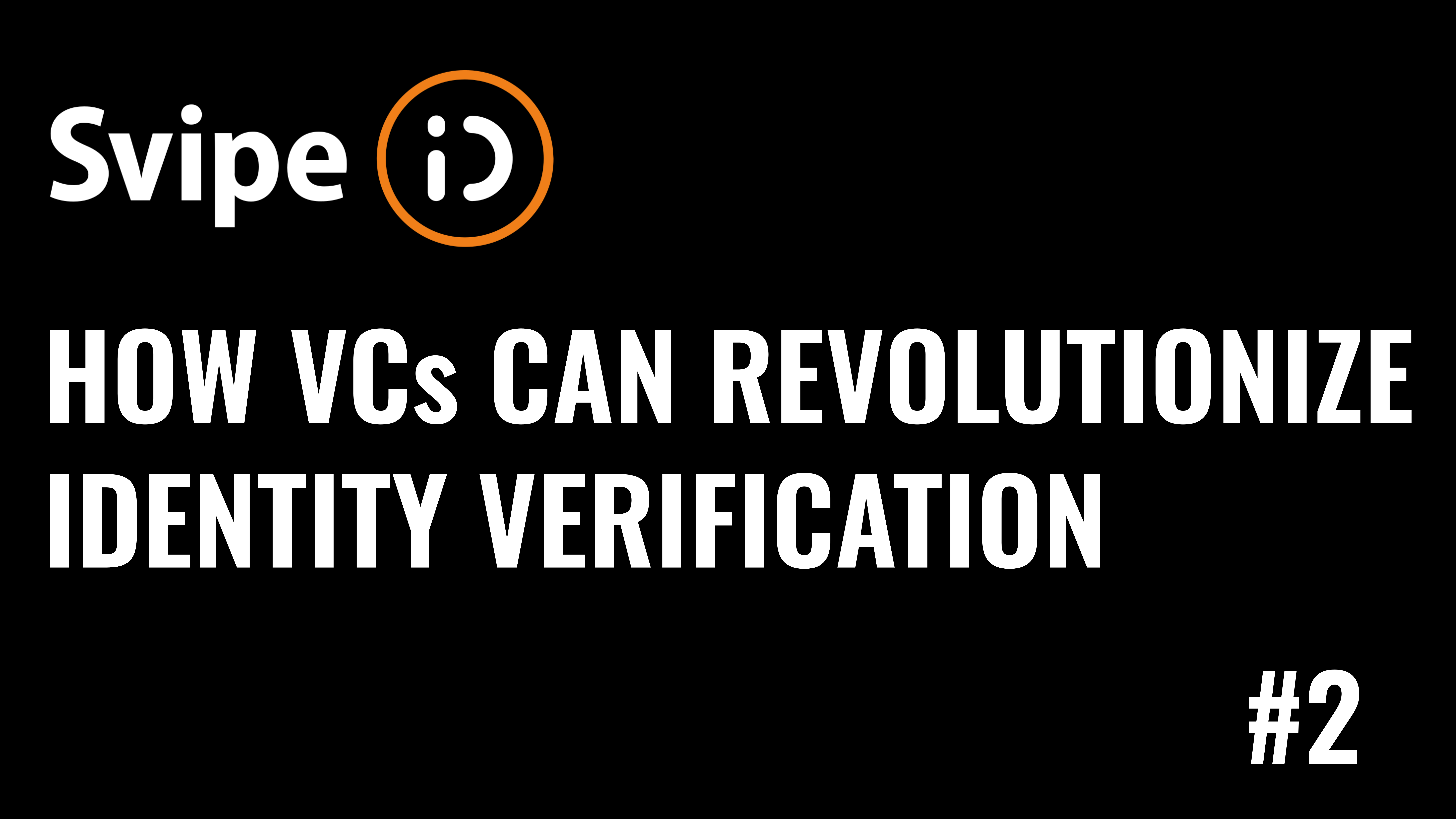
How Verifiable Credentials Can Revolutionize Identity Verification
2023-03-29
Identity verification has been a critical process in various industries, including finance, healthcare, and education, among others. However, traditional methods of identity verification have had several shortcomings, such as being prone to fraud, inefficient, and unreliable. This is where verifiable credentials come in, revolutionizing the way we verify identity.
With verifiable credentials, individuals can securely store their personal information in their digital wallet. The information is then encrypted and signed by an authorized issuer, ensuring its validity and authenticity. This digital signature can be easily verified, ensuring that the information presented is accurate and up-to-date.
The implications of this technology are far-reaching, particularly in industries that rely heavily on identity verification. For example, in finance, verifiable credentials can help streamline the KYC process, reducing the time and cost involved in verifying a customer’s identity. This can help financial institutions onboard customers more quickly and efficiently, improving their customer experience and reducing the risk of fraud.

In healthcare, verifiable credentials can help securely store and share patient information, reducing the risk of medical errors and improving patient outcomes. This can help healthcare providers make more informed decisions, leading to better overall care for patients.
In the education industry, verifiable credentials can help students and job seekers easily share their academic records and certifications, making it easier to apply for jobs and further their education. This can help reduce the time and effort required to verify academic qualifications, making the process more efficient and reliable.
The adoption of verifiable credentials for identity verification is still in its early stages, and there are challenges to be overcome. However, as more organizations begin to recognize the benefits of this technology, we can expect to see a revolution in identity verification that will improve the security, efficiency, and privacy of this critical process.
